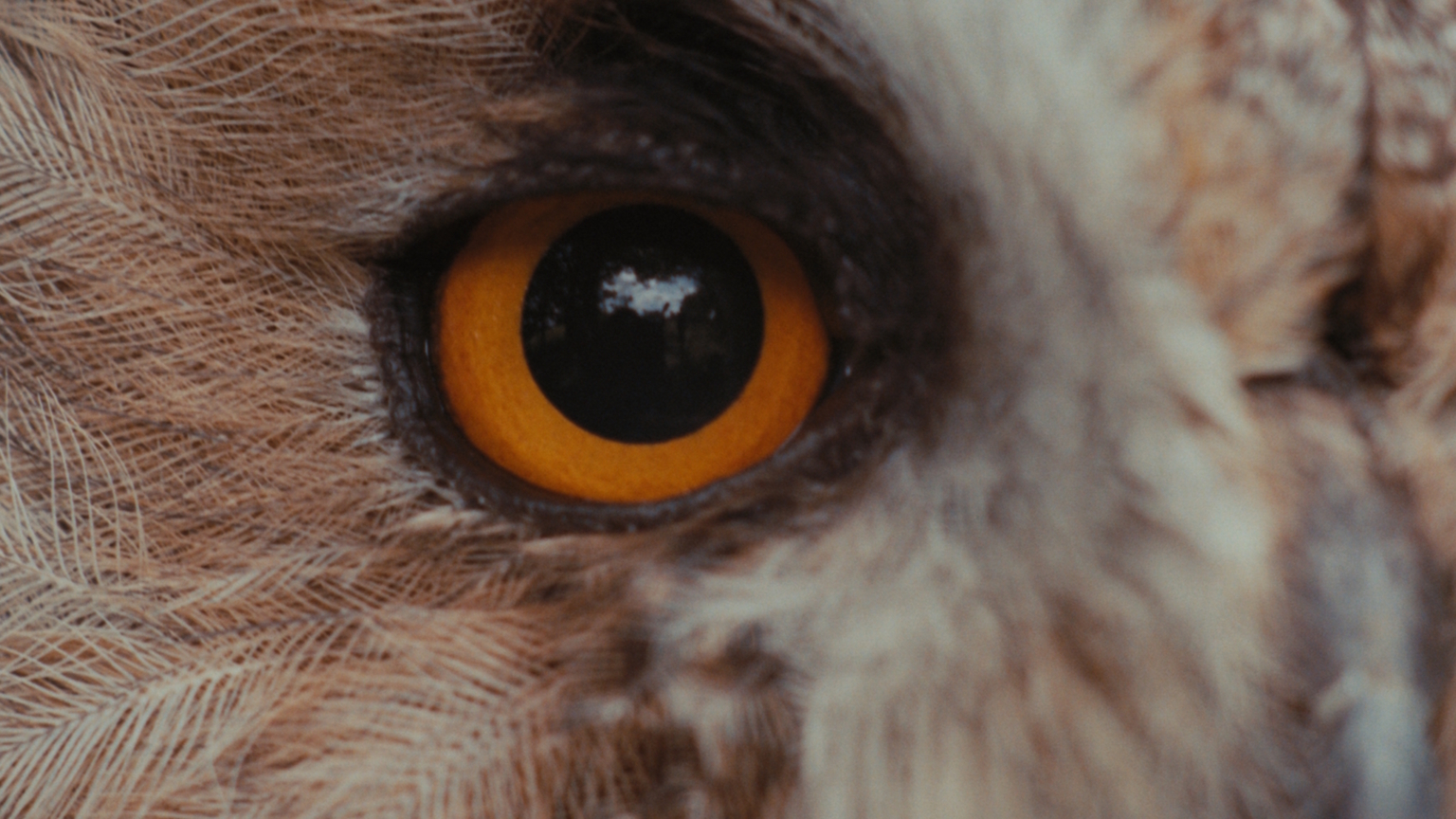What kind of a year has 2018 been for you?
It has been a life-shifting year – one that has offered great opportunity and new experiences but also one that has held great sadness. I won the Max Mara Art Prize for Women, and that took me on an incredible tailored residency across six Italian cities in which I began to deepen my sense of self as an artist. But it was also a year when my mum died – five days in fact after I said goodbye to her and set off for my residency in May. But I knew that she wanted me to make the most of this residency and this is what I feel I have done.
I think I’ve had about seven days off in six months. I’ve met such a range of people, researching ideas, writing, drawing, filming, etching for the first time, having classical singing lessons, visiting architectural spaces that interest me (recognised and unrecognised) and thinking about my life, my role, my opportunity in relation to others. For my research in Italy I have focused on the female voice, and in particular on lament, which for me is about loss and longing but also resistance and resilience. Throughout this period I have carried with me a very fresh lament. I have been supported through mine – when many of the voices I’ve encountered were not – so the whole period this year has been a time for reflection and thought.
Also this year I made a new film work, The Long Note, for Void in Derry. It was a film commission in commemoration, celebration and acknowledgement of the role of women in the civil rights movement in Northern Ireland. I am now looking forward to making a whole new body of work for the [Max Mara Art Prize] show at Whitechapel Gallery in June and the show at the Maramotti Collection in October, and also a new film commission for Film and Video Umbrella that is inspired by the Rochdale principles and the ideas of collective and co-operative thinking and practice.
What has changed for the better and what, if anything, has changed for the worse?
For the better: definitely more interest in my practice, more conversations with curators, more commissions and opportunity, and I suppose in some ways this has also brought additional pressures. This is not for the worse but it means I have to take time to consider different propositions, to be more planned, to think about what to say yes and no to – even if there are things that I want to do but they clash with other things I have already agreed to. And of course these days as well as being an artist we also have to be an administrator, a PR person, a fundraiser, a lecturer, a peer, a facilitator, an agent for yourself etc, because as demands increase all the other pressures ramp up.
What do you wish had happened this year, but didn’t?
That the Brexit process had been quashed and that the increase in right-wing politics across the world had been acknowledged for what they are and halted.
What would you characterise as your major achievement this year and why?
Dealing concurrently with the highs of success and the lows of loss.
Is there anything you’d like to have done this year but haven’t?
Perhaps had a little more time to rest… something I keep saying that I’ll do next week… but somehow that next week never comes.
What would make 2019 a better year than 2018?
Hopefully the feeling of loss will be lessened and I’ll continue to feel as excited about making work.
Read our Q&A from November 2017 with Helen Cammock
Images:
1. Helen Cammock. Courtesy: Helen Cammock
2. Helen Cammock, The Long Note, film still, 2018. Courtesy: the artist
3. Palermo, Italy. Photo: Helen Cammock; Courtesy: Helen Cammock






